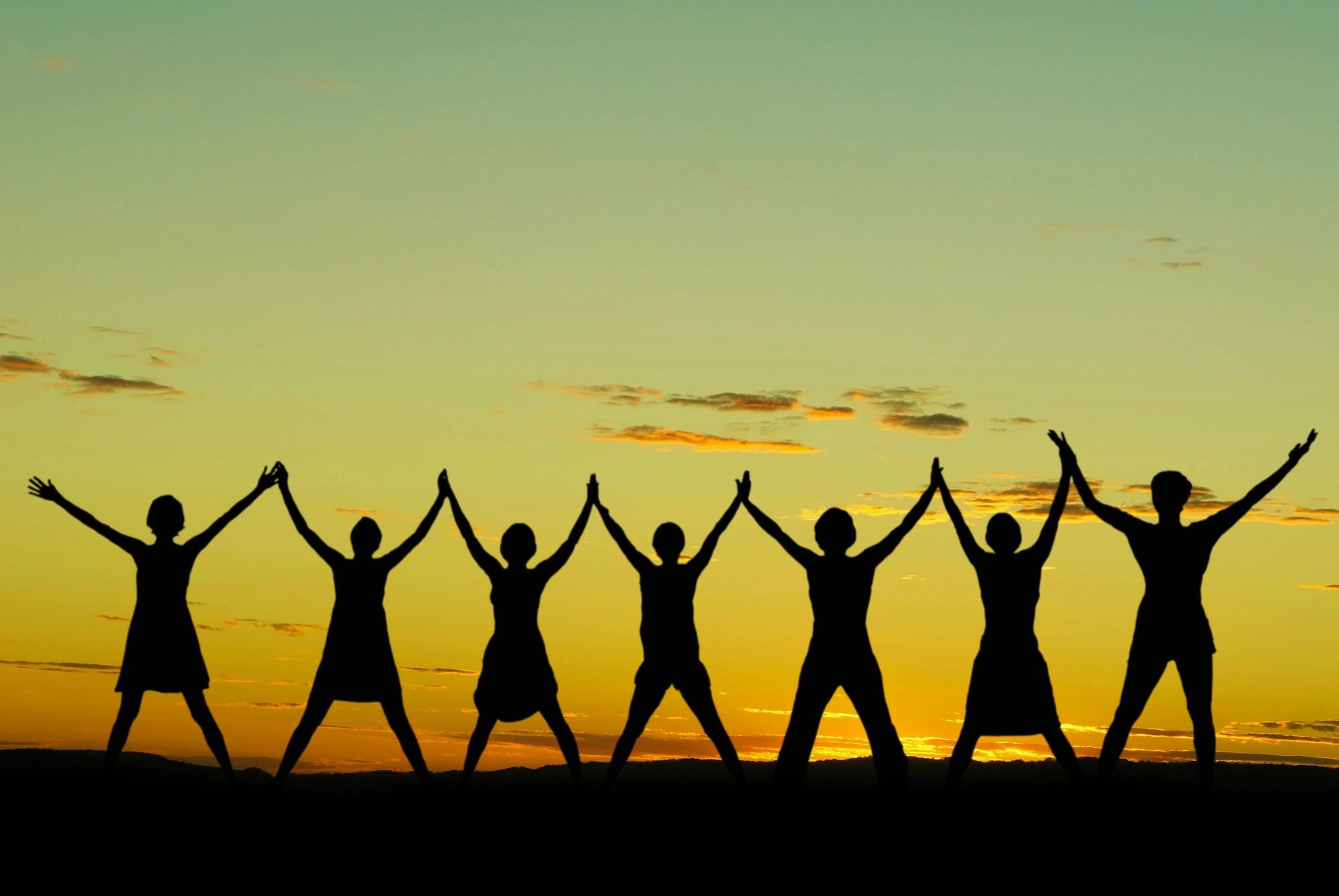On paper, saying your community supports equity and justice for marginalized groups certainly sounds nice. Touting your community as a welcoming place for BIPOC (Black, Indigenous and people of color), LGBT+ people, disabled people, people from different class backgrounds and neurodivergent people might make these groups initially feel welcome.
The question becomes: What must be done to make your community inclusive beyond the superficial? How do we become interactive and collaborative with marginalized groups and foster an environment in which equity and justice are at the forefront of improving the lives of everyday people in the community?
Equity and justice work improves the overall health and well-being of marginalized people in a community, thereby strengthening the community as a whole. Our strength as a community is limited if we cannot establish solidarity with marginalized people. Limited perspectives and ensuing strain on broader action limit the muscle behind anything a community might like to attain. If we want better schools, more affordable housing and a community that is strong together, we need not look further than interacting and collaborating with marginalized groups in earnest.
We should work from a place of respect, wherein people feel genuinely valued for their perspective and experience rather than tokenized or put on a pedestal. Additionally, viewing marginalized people as an important working part of your community creates conditions in which we can effectively interact and collaborate with them. Equity and justice work by members of the majority should strive to foster deeper connections with communities they may not initially understand.
For example, a common mistake is to conglomerate people of a particular shared identity together into a stereotype. It is important to remember that the cultures of the individual people of a racial group or another identity can be diverse within that group. People feel seen when the diverse individual experiences within a group are recognized. It also allows our approach to be intersectional — recognizing that factors related to each individual’s identity influence their experience in a unique way. While identity has become a buzzword strongly associated with the often despised “identity politics,” recognizing it absolutely does not have to be divisive. Arguably, recognizing that identity influences experience is something that can bring people together.
Being human can bring us together. Recognizing that our identities influence what we go through and how we move about the world can foster a deeper understanding and connection. With a deeper understanding, we can make changes to create a community that is more accessible to all. Creating a community that not only includes but allows marginalized people to flourish is the goal.
Perhaps the programs and supports that are difficult for marginalized people to access would be easier for everyone to access if, as a community, we met the needs of marginalized people more effectively. As a result, equity and justice work done with sincerity could improve the overall health and well-being of our community, thereby strengthening it.
Cecile Pérez is a community activist and the District 32 Chair for the Bonneville County Democratic Central Committee.

